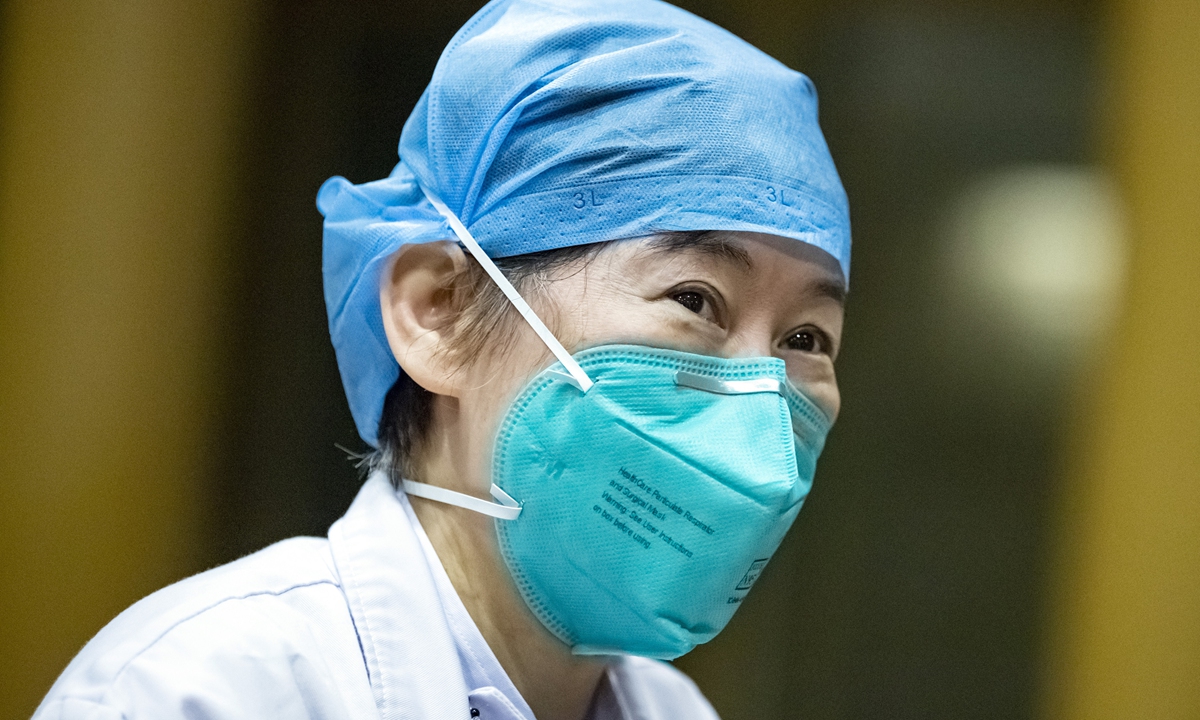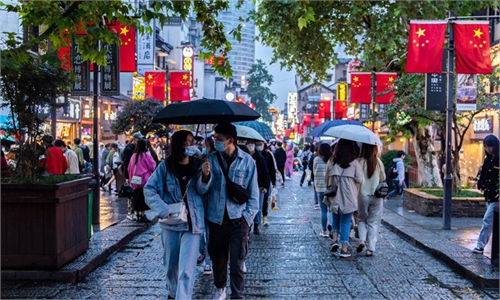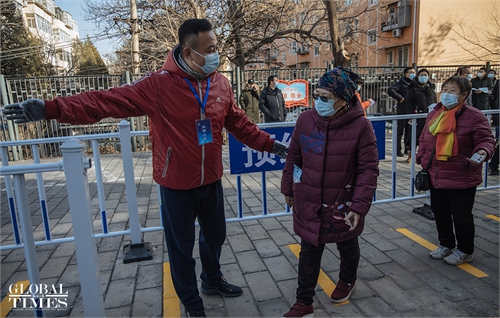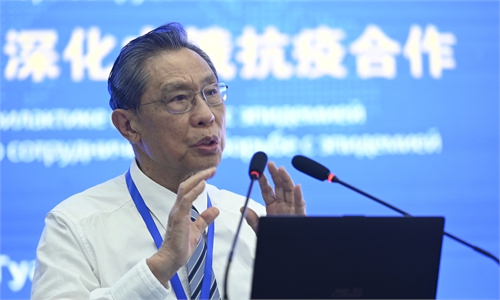
Zhang Jixian, the Wuhan doctor who reported an unknown pneumonia on December 27, 2019. Photo: Xinhua
"The epidemic in Wuhan possibly also has a lot to do with the cold chain," said Zhang Jixian, a doctor at the Hubei Provincial Hospital of Integrated Chinese and Western Medicine, who first reported cases of what was then called a "pneumonia of unknown origin," told the Global Times, noting that there "must be some correlation."
Zhang's remarks came amid reports of Beijing discovering 18 new cases between December 14 and Saturday, among whom four have a relationship with the cold-chain industry - they are either industry employees, frozen food sellers or consumers.
Before the latest Beijing cases, previous outbreaks in the Chinese cities of Qingdao and Dalian also proved to be related to the cold-chain industry.
"Now looking back at the Wuhan epidemic, most of the people among the original patients were employees, merchants or consumers at the Huanan seafood market, as well as those living around it. So I think the epidemic must have a lot to do with the cold chain," said Zhang, who is known as the "whistleblower" of the COVID-19 epidemic among Chinese netizens.
According to Wuhan authorities' reports, the novel coronavirus was possibly spreading among some close contacts in the middle of December 2019.
Zhang slammed Western media accusations of China hiding or delaying reports of COVID-19 cases at the beginning of the Wuhan epidemic, noting that the local authorities showed the quickest reaction.
"I cannot be any faster. Nobody could imagine the disease could be so serious, I was glad that I had remained highly alert," Zhang said.
Zhang said that she reported the first three cases from the same family as early as December 27, 2019, and the hospital arranged a discussion on the cases two days later, which was a Sunday as she recalled, attended by disease control and prevention authorities from the district, city and province levels.
Zhang said the latients were immediately transferred to the Jinyintan hospital for concentrated care after discussion, as they agreed that it was a difficult disease.
"And as we remember, the Huanan seafood market was closed on January 1, which indicates a very fast reaction," Zhang said, noting that there was nothing like delaying any report.
According to Zhang, there were two groups of patients at the early stage of the epidemic, four of whom were related to the seafood market while the other three were not. But as the market is a very large one in Wuhan and had large flows of people during the new year holidays, the market was still closed, just in case.



